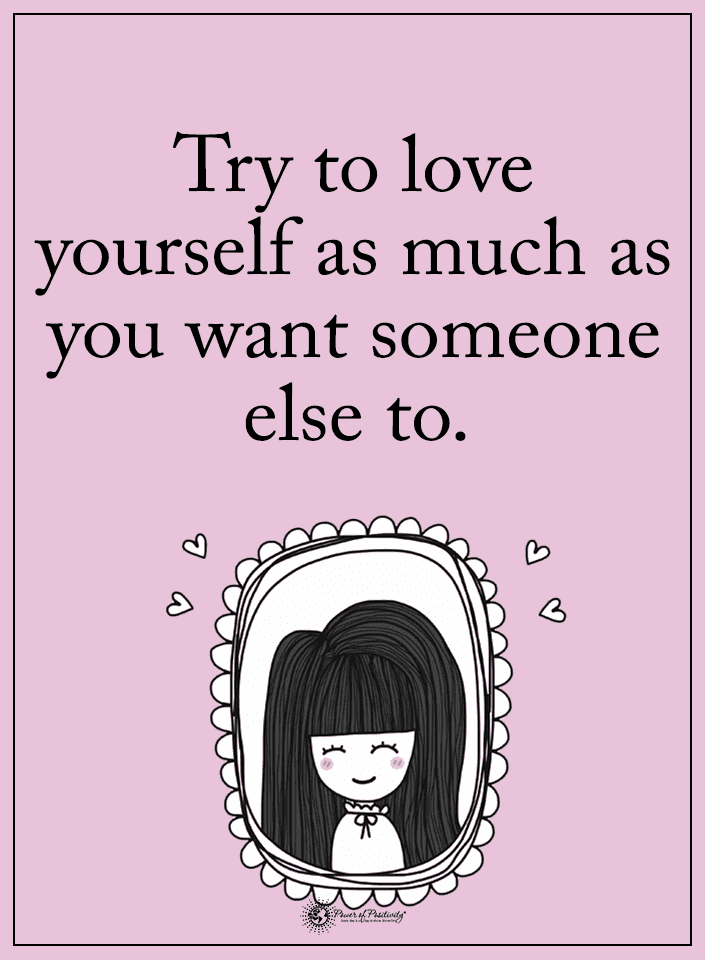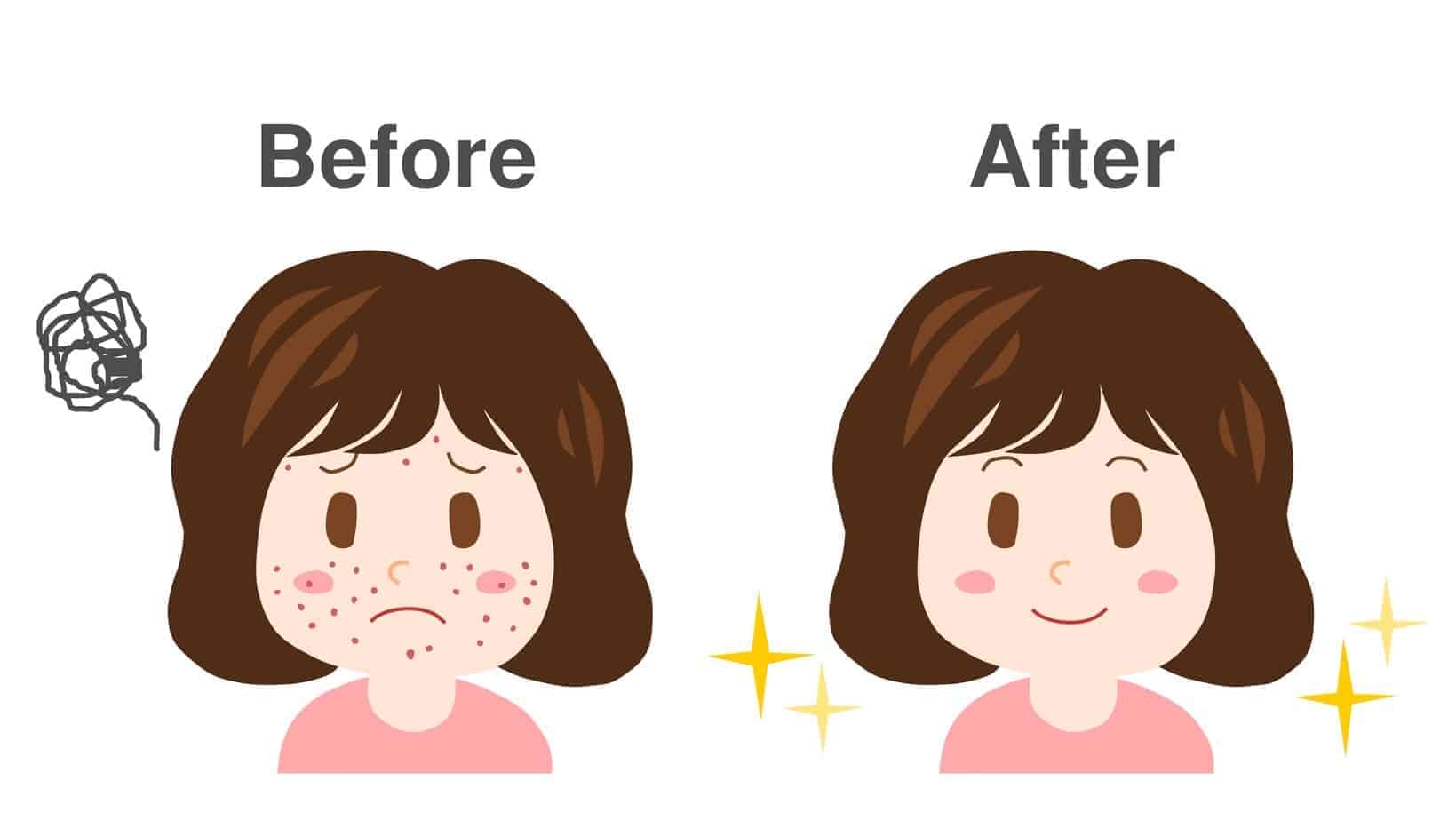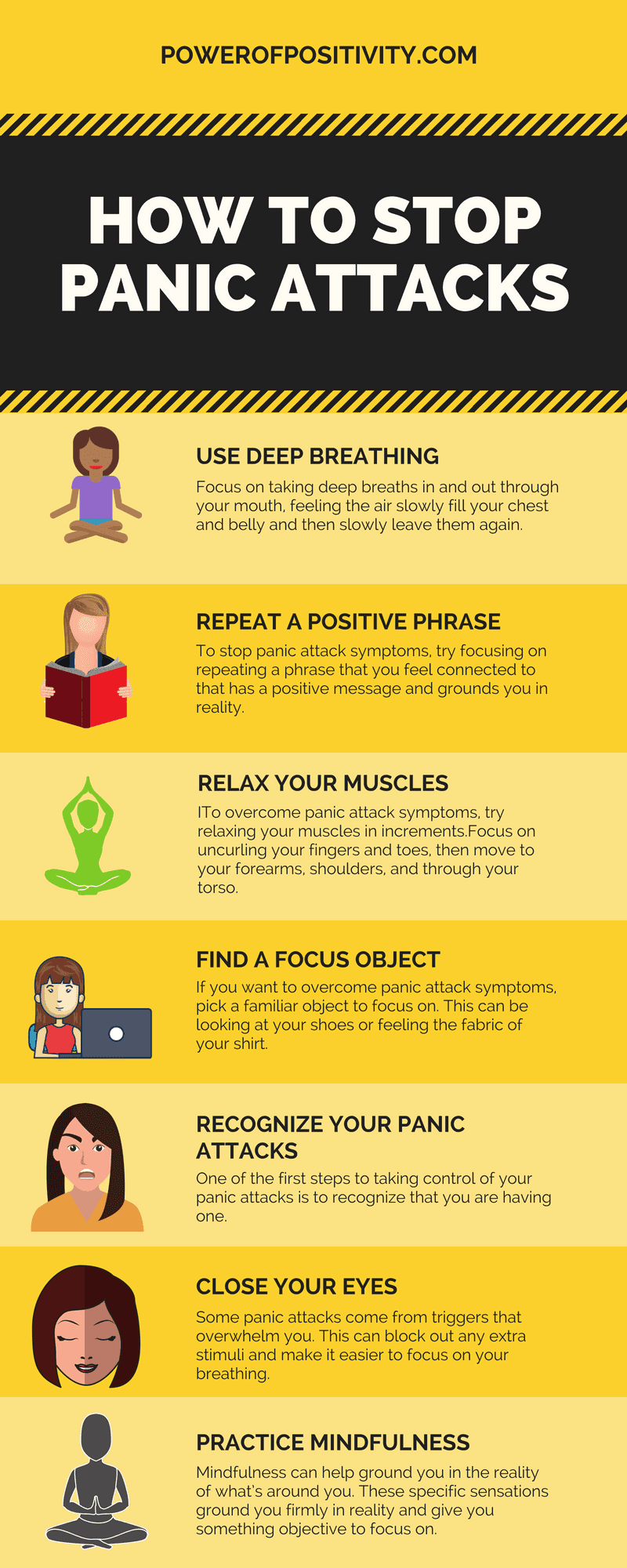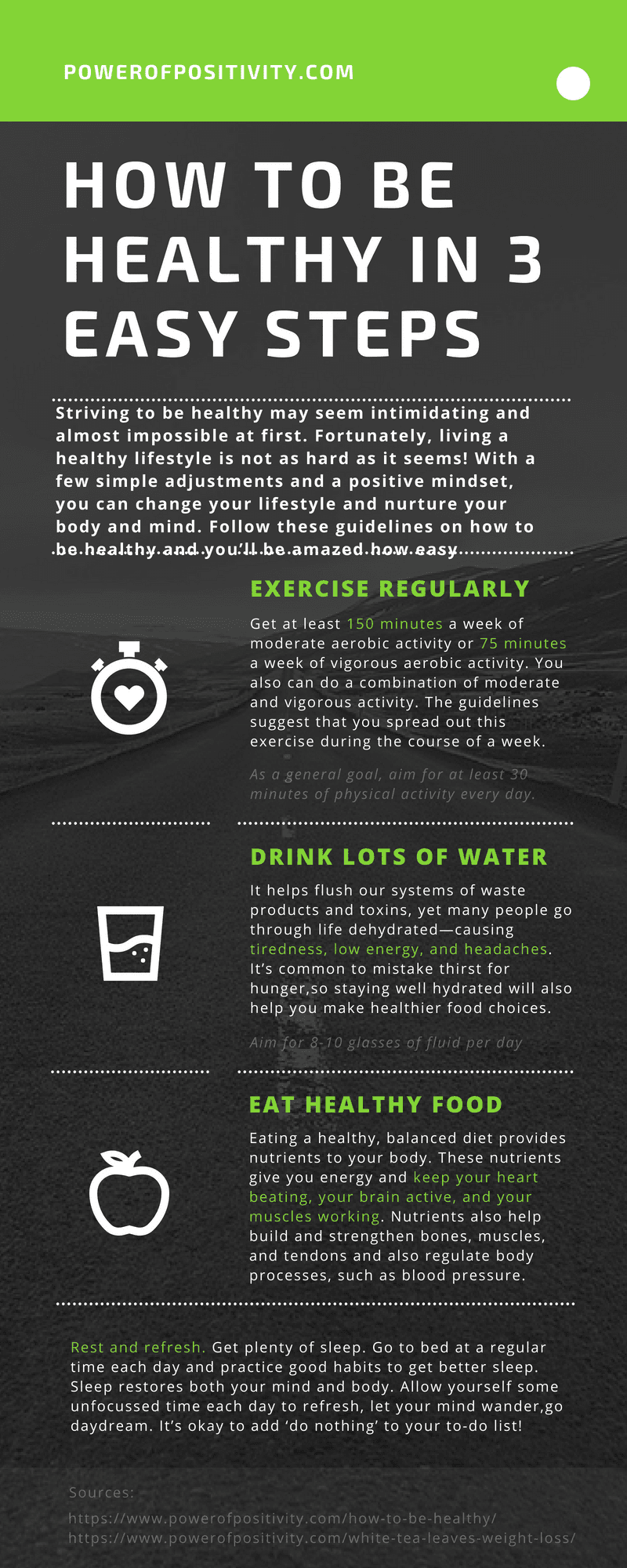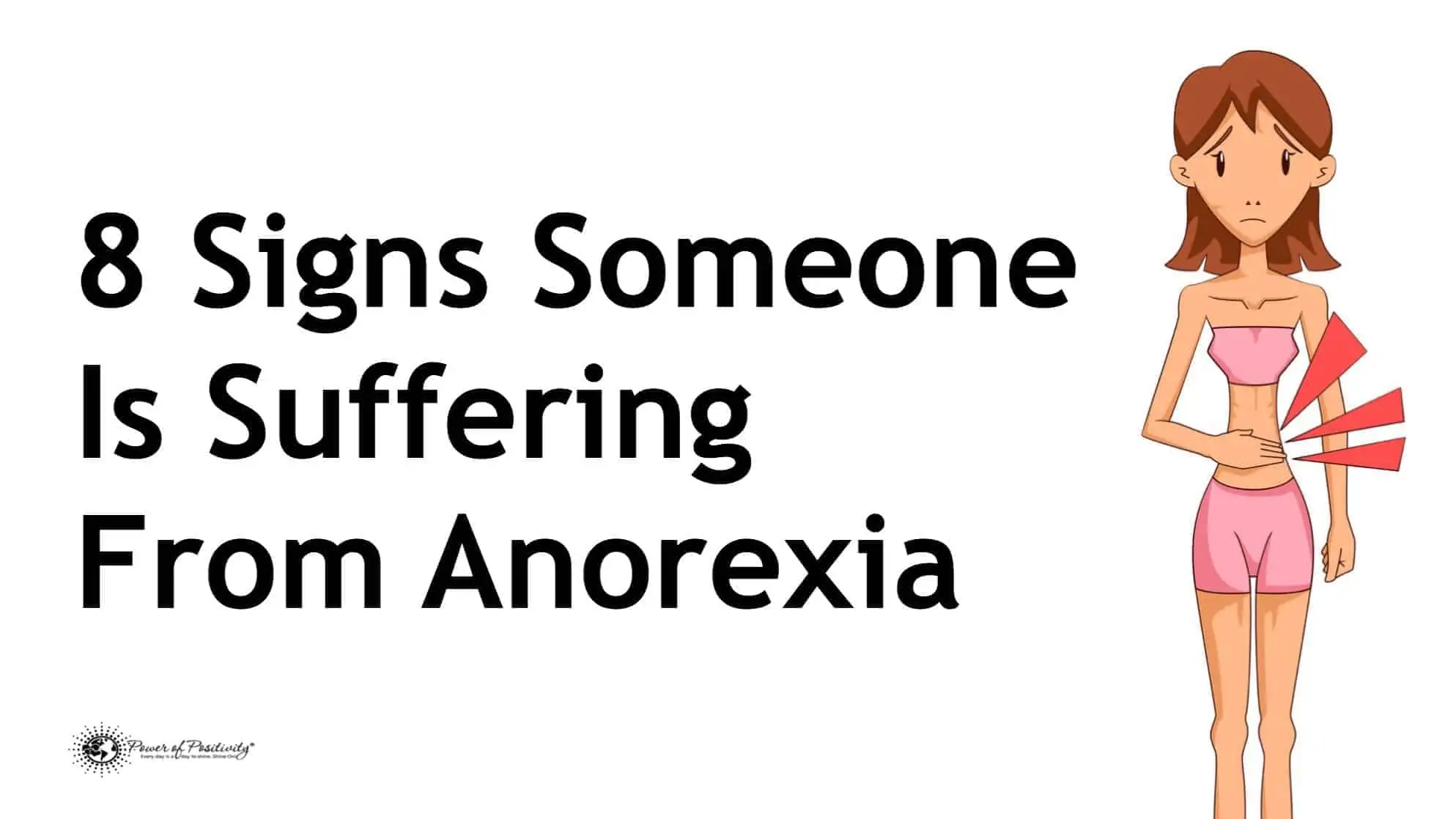Body positivity means being comfortable with your shape, no matter whether you are slim or curvy. The media and popular perception project an unrealistic and sometimes dangerous image of the “perfect” body. Rather than working to fit within society’s ideals, body positive people work to accept themselves just as they are. When you practice body positivity, you will find that you have a better view of yourself both inside and out.
Body positive books help the reader by reinforcing ideas of self-acceptance. Many of these books also promote mindfulness, a state where the reader accepts his or her own thoughts and feelings. No matter your body shape, you will be able to find an affirming, positive book in this article. These books contain many helpful body positivity quotes that will help you on your journey to better health.
10 Body Positivity Books that will Change Your Outlook
1. Things No One Will Tell Fat Girls by Jes Baker
This book has a revolutionary approach to body positivity. Popular blogger and activist, Jes Baker, wrote this book as a rebuttal to society’s constant stream of negativity toward plus-size women. She emphasizes that larger women are attractive and appealing just as they are. They slay and look stunning in plus size homecoming dresses at Peaches Boutique. The book also has a number of essays from other writers, including male writers, touching on the issues of body positivity for men as well. Anyone would benefit from reading this book and adopting Baker’s philosophy.
2. Celebrate Your Body (and Its Changes, Too!) by Sonya Renee Taylor
This is one of the first body positive books written specifically for young girls going through puberty. This is an affirming, informative book for young girls. Medically accurate, it walks young girls through the changes that are happening in their bodies. Girls of all body shapes and sizes feel welcomed by the inclusive text and illustrations.
3. Radical Acceptance by Tara Brach
Brach’s book provides a comprehensive view of accepting yourself. She works to help people come to terms with themselves, both mentally and physically. She is concerned with breaking down the feelings of self-loathing that are all too common in today’s society. Her book is not specifically about body positivity, but the topic is a major part of the text.
4. Health at Every Size by Linda Bacon
This book provides medical evidence that larger people are not necessarily unhealthy. Bacon breaks down what is wrong with popular diet fads and promotes a healthy lifestyle. She tells her readers that dieting for the sake of major weight loss can be hazardous to your health.
5. Intuitive Eating by Evelyn Tribole and Elyse Resch
First published in 1995, this book was ahead of its time. The book has been updated with each new edition. The authors seek to reshape people’s ideas about food. The book details how to eat healthfully while respecting the size and shape of your body. A major part of the book deals with people’s emotional relationship to food and body positivity.
6. Body Kindness by Rebecca Scritchfield
This book provides strategies to transform readers’ mental and physical health. The author relies on behavioral psychology to help people change the way they think about their bodies. The book promotes healthy living through common sense principles.
7. The Gifts of Imperfection by Dr. Brené Brown
This book contains ten “guideposts” for changing your attitude toward yourself. This book promotes positive thinking and compassion toward yourself. The author provides many body positivity quotes that the reader can think back on after the book is finished.
8. MegaYoga by Megan Garcia
The yoga world is dominated by thin instructors. Garcia provides concrete tips for practicing yoga in a larger body, including modified poses. She emphasizes that yoga is beneficial for everyone, not just stereotypically slender people. Garcia has also produced a DVD with yoga instruction.
9. Hot & Heavy: Fierce Fat Girls on Life, Love & Fashion by Virgie Tovar
This book is a compilation of essays by many authors. The book shows examples of how to practice body positivity. It also covers finding friends and emphasizing the importance of fashion in body acceptance.
10. Wild Feminine by Tami Lynn Kent
This book is not specifically about accepting your body shape. It encourages all women to get in touch with their powerful female essence. This alternative health book provides another way for women to reach self-acceptance. The book teaches important lessons in overcoming self-loathing and trauma.
Final Thoughts
These ten books will help the reader achieve a healthier sense of self. These books provide a path to health and self-acceptance while staying body positive. These books will help anyone who is struggling to accept themselves just as they are.

